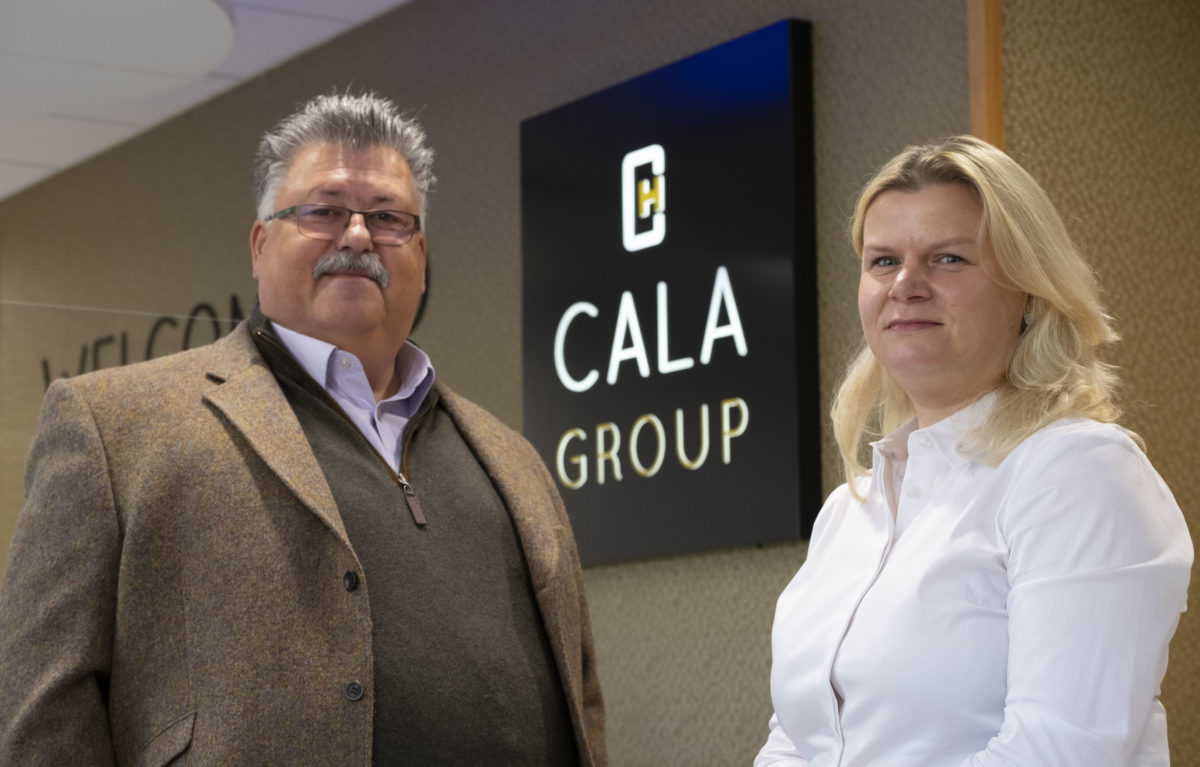
CALA Group has announced two senior appointments to help drive the housebuilder’s sustainability aspirations.
Kathryn Dapré has been given the role of head of sustainability, with Robin Dodyk joining as head of modern methods of construction. CALA has a commitment to be operational net zero carbon by 2030, as well as reaching net zero greenhouse gas emissions in line with the Scottish Government’s 2045 target and ahead of UK Government’s 2050 target.
With 28 years’ experience across sustainability and climate change-focused roles, Kathryn joins CALA from NHS Scotland, where as head of energy and sustainability she helped develop national sustainability policies and strategies including the development of the NHS Scotland Climate Change and Sustainability Strategy.
She said, “With new government legislation coming to the fore and an increased awareness that the construction industry must do more to fight climate change, it is an exciting time to be joining CALA as the team steps up its sustainability mission.
“With a solid strategy already in place, I am looking forward to working with colleagues throughout the business to help make meaningful progress towards reducing our carbon footprint – not just in the way we build homes, but in the way we operate our business. Our teams are exploring innovative and pioneering means to meet our green objectives, and everyone has a role to play, so I’m looking forward to driving that.”
Robin has spent more than 44 years in the construction sector, including over 20 with Oregon Timer Frame in Selkirk. He will be tasked with guiding the business in adopting greener housing, leading on MMC research, trials and implementation. He will also spearhead an initiative to roll-out timber frame across the entire range of CALA homes.
“Within the construction industry, our route to reducing carbon will involve a lot of change and innovative thinking if we’re to achieve our sustainability goals,” he said. “It’s an exciting time to join the CALA team when our environmental impact is at the forefront of the agenda.
“With timber frame offering up to a 20% reduction in embodied carbon over similar size traditional building methods, our plans to switch to this new approach is a huge focus. We will also explore other elements of MMC and wider innovations in construction to help achieve our net zero ambitions.”








